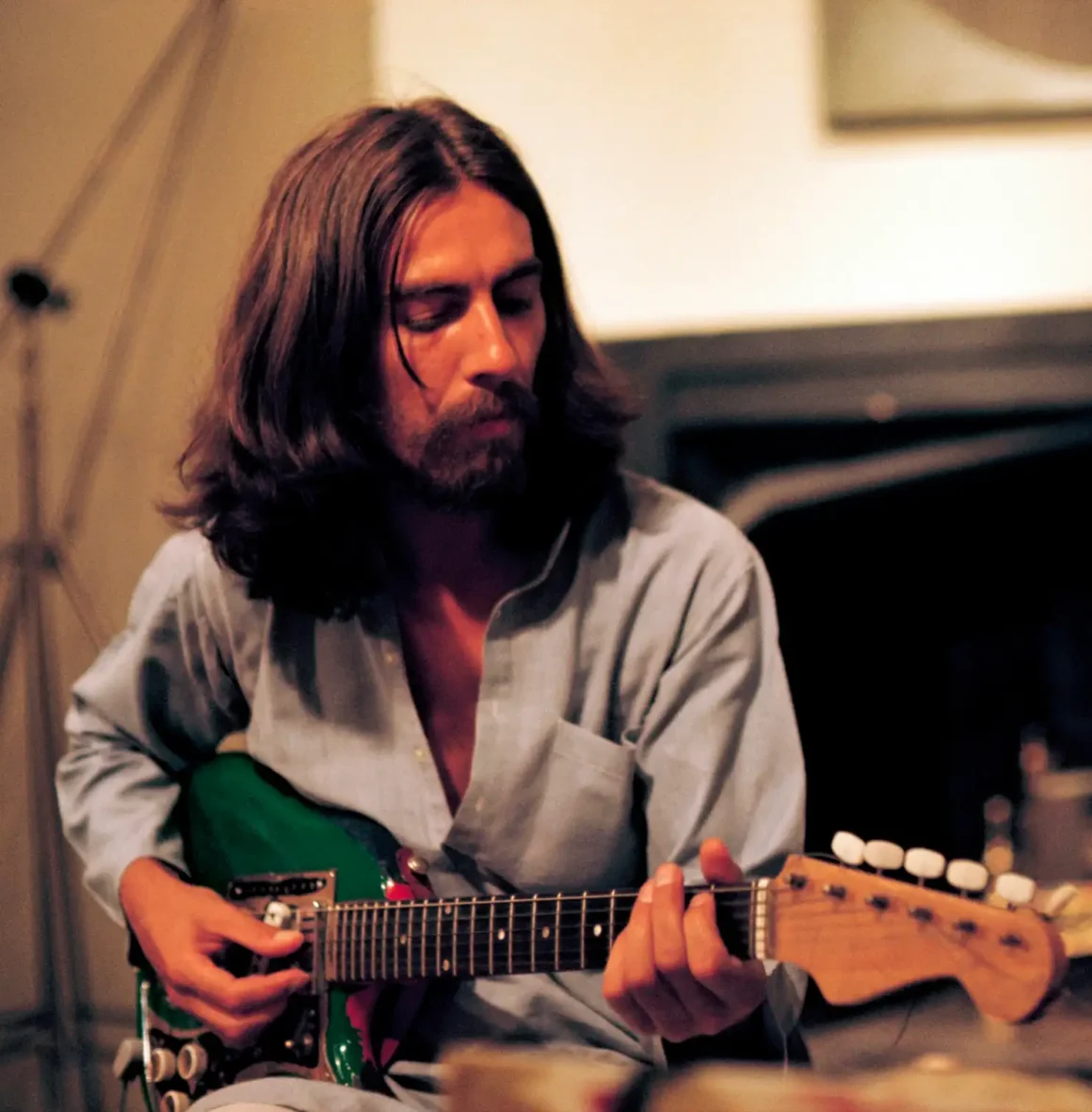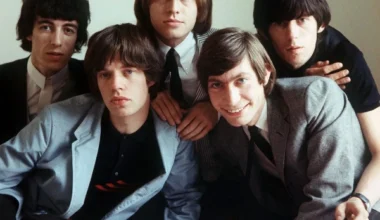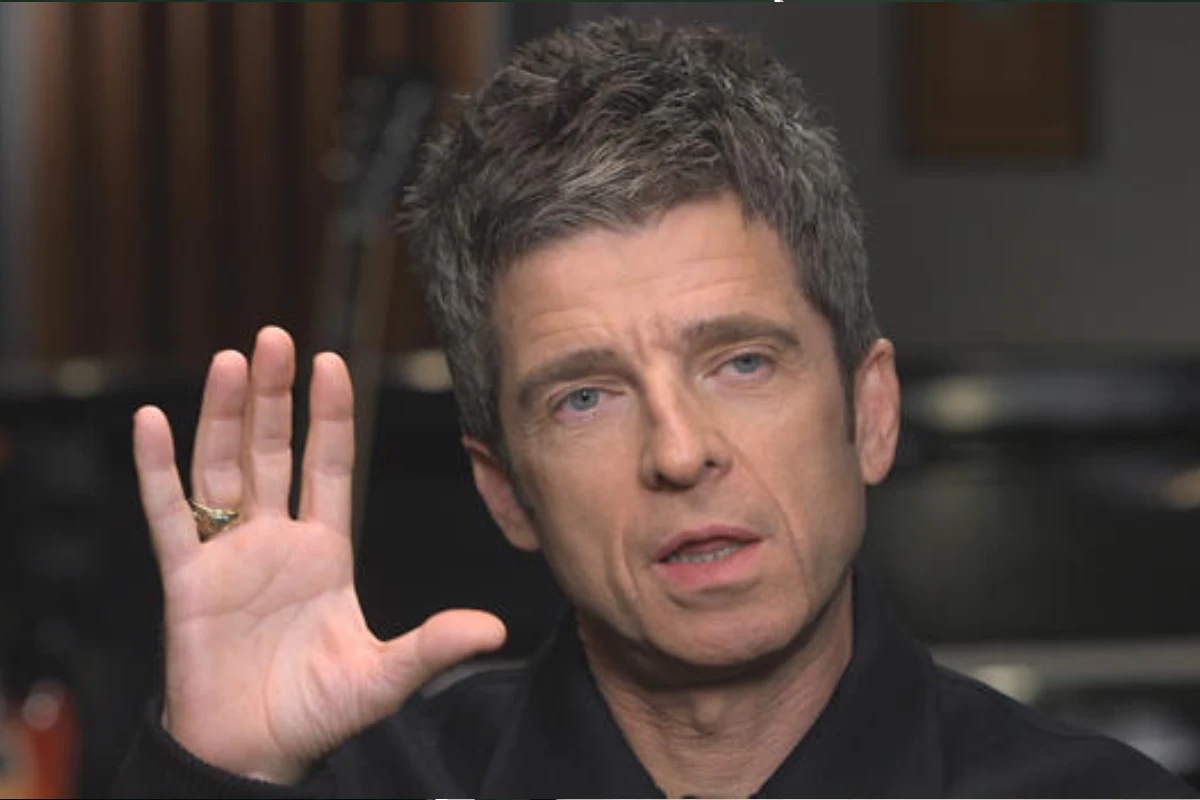By the late years of The Beatles, the tension in the studio was undeniable. The band members, once close friends and groundbreaking collaborators, were now using their music to express grievances against each other. Amid the fractured relationships, George Harrison, who had often struggled to have his voice heard within the group, took the opportunity to critique Paul McCartney in a song on The White Album.
In the years following the band’s breakup, Harrison wrote several songs reflecting on the dissolution of the group. Tracks like “Isn’t It a Pity” captured his sense of loss over friendships turned sour, while in “Run of the Mill,” he channeled his frustration, singing, “No one around you / Will carry the blame for you,” directed at his more volatile former bandmates.
For Harrison, the problem wasn’t just the breakup but the lack of recognition he felt while in the band. As the group focused on Lennon and McCartney’s output, Harrison’s ideas and contributions were often sidelined, leaving him feeling like a backup player rather than a full partner.
“At that point in time, Paul couldn’t see beyond himself,” Harrison shared with Guitar World in 2001. “In his mind, everything that was going on around him was just there to accompany him. He wasn’t sensitive to stepping on other people’s egos or feelings.”
This frustration bubbled over in “Savoy Truffle,” where Harrison seemingly took a subtle jab at McCartney. The track’s playful lyrics reference indulgence and consequences, but buried within the sugary metaphor lies a bitter message.
In a line that may be directed at McCartney, Harrison sings, “You know that what you eat you are / But what is sweet now, turns so sour.” He even calls out McCartney’s track “Ob-La-Di, Ob-La-Da” from the same album, as if questioning McCartney’s focus on his own preferences at the expense of the group’s unity.
Harrison’s critique wasn’t his alone. Both John Lennon and Ringo Starr had also opposed “Ob-La-Di, Ob-La-Da,” a song they felt didn’t represent the band’s collaborative spirit. The disagreement over the track underscored Harrison’s belief that McCartney was increasingly prioritizing his vision over group input. McCartney later admitted, “It’s a very me song,” acknowledging that his drive often led him to push his ideas forward, even at the cost of harmony within the band.
In “Savoy Truffle,” Harrison’s critique was laid bare, capturing his struggle within the group and offering a glimpse into the discord that would eventually pull The Beatles apart.







